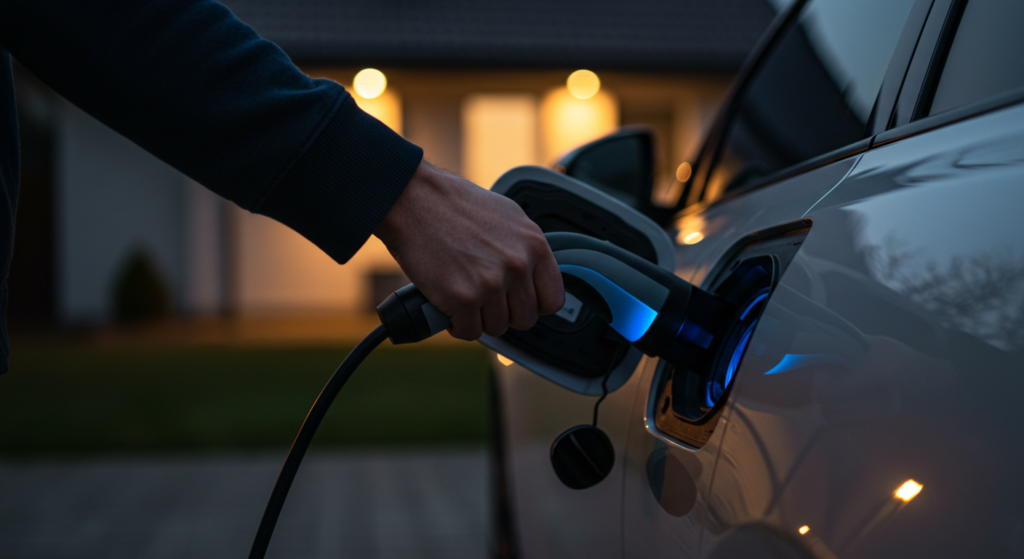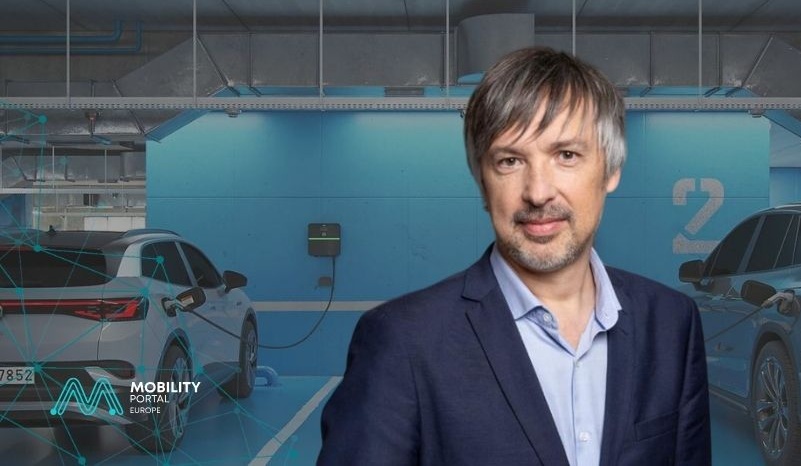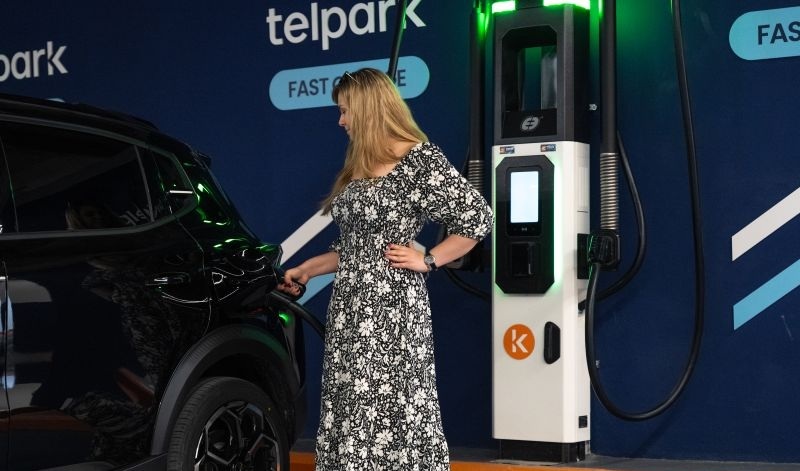The draft, known as UDER53, aims to remove regulatory barriers and simplify procedures that hinder the installation of private charging stations in residential buildings.
This initiative is part of a broader deregulation effort in Poland, seeking to reduce bureaucratic obstacles across various sectors in order to facilitate the adoption of more sustainable technologies.
Although the bill was expected to be addressed by the end of June, it is still awaiting final approval.
The Ministry of Climate and Environment (MKiŚ), under the leadership of Secretary of State Krzysztof Bolesta, is primarily responsible for its development.
The main goal: to shorten timelines
The current regulatory framework in Poland requires residents of buildings to obtain approval from the homeowners’ association or building administrator to install a private charging point.
However, this process has been problematic due to the lack of effective mechanisms to ensure compliance with deadlines for conducting technical studies that validate the installation of chargers.
The draft law introduces stricter deadlines: administrators will have 14 days to commission a technical study, which must then be delivered to the applicant within a maximum of seven days.

If this deadline is not met, applicants will be able to commission the study directly, significantly accelerating the setup of the charging point.
This approach seeks to reduce waiting times for the establishment of new charging points, also aiming to boost electromobility.
According to the Polish government, the obligation for homeowners’ associations and building administrators to commission the technical study will remain in place.
However, a mechanism will also be introduced to allow applicants to carry out the study if no response is received within the stipulated time.
This adjustment aims to balance the need for adequate technical oversight with the urgency of facilitating the transition to more sustainable mobility.
It is worth mentioning that, according to official data, 80% of electric vehicle owners in Poland charge their vehicles at home.
According to the MKiŚ, it is essential to ensure that the installation of private charging points is a more predictable, transparent, and agile process, while maintaining the technical safety standards.
With these legislative changes, Poland aims to lay the groundwork for greater expansion of electromobility, aligning with the European Union’s sustainability goals.
Among these goals, the improvement of charging infrastructure is considered a key condition for the mass adoption of electric vehicles, especially in a context where public charging infrastructure still does not fully meet market needs.
A judgment that sets the course
The need to amend the electromobility legislation in Poland is further reinforced by specific cases, such as that of Mr. Krzysztof, a resident of Warsaw.
After two years of opposition from his homeowners’ association, he won a court ruling allowing him to install a private charging point in his parking space.
The Praga-Południe District Court ruled in his favour last April, stating that the board’s refusal violated current regulations.
Furthermore, they will be required to cover the costs of the legal process.
This ruling, the first of its kind in Poland, sets a clear precedent: rejecting the installation of chargers without objective technical grounds could result in legal and financial consequences.
The case adds to similar ones reported in cities like Żoliborz. In this context, the UDER53 reform proposal takes on particular significance.
DISCOVER MOBILITY PORTAL DATA
Discover Mobility Portal Data, a new exclusive market intelligence platform offering reliable data and key reports to support smart decision-making across the automotive sector — covering both combustion and electric vehicles, as well as charging infrastructure.
Research, trend analysis, and neatly organised statistics presented with clarity and precision, alongside up-to-date insights — all just one click away.
With Mobility Portal Data, good decisions are on the horizon.
READ MORE
-
UK updates eligibility criteria for the Electric Car Grant
The UK Government sets new technical and environmental requirements that manufacturers must meet for their electric vehicles to qualify for grants of up to £3,750.
-
Deftpower raises €12.5M to boost European growth and enhance its AI-powered charging tech
Deftpower aims to make EV charging cheaper, cleaner, and smarter for drivers and CPOs, while easing pressure on Europe’s congested power grids.
-
Ekoenergetyka: Investing in EV charging at car parks is more crucial now than ever before
Public car parks are no longer just simple transit points. With the addition of chargers, they are becoming strategic hubs for electric mobility. What is Ekoenergetyka’s strategy?











